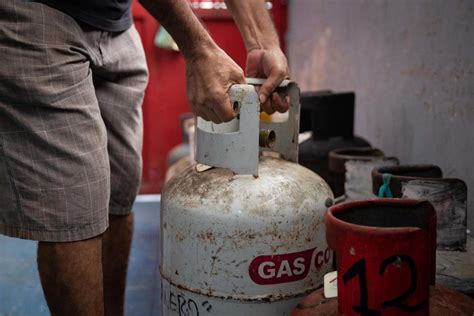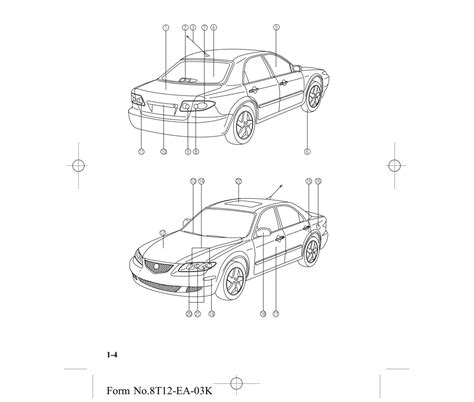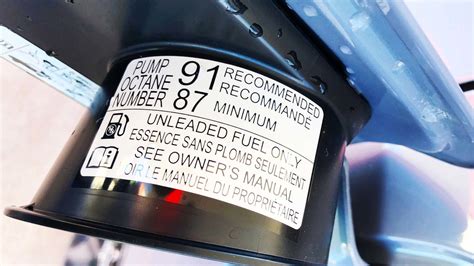The Premium Fuel Dilemma: Myth vs. Reality
The debate over premium fuel is as old as the internal combustion engine itself. For most daily drivers, the gas pump presents a clear choice: regular or premium? The price difference can add up significantly over time, leading many to wonder if that higher octane really delivers tangible value for their everyday commute. Is it a performance booster, an engine cleaner, or merely a clever marketing tactic designed to lighten your wallet?

Understanding Octane: What is Premium Fuel?
At its core, premium fuel is defined by its higher octane rating. Regular gasoline typically has an octane rating of 87, while premium often ranges from 91 to 93. Octane isn’t about energy content or power; it’s a measure of a fuel’s resistance to pre-ignition or “knocking.” Engine knocking occurs when the air-fuel mixture ignites prematurely, out of sync with the engine’s timing, which can lead to inefficient operation and, over time, potential engine damage. Higher octane fuel is more stable and less prone to this spontaneous combustion.
Does Your Car *Need* Premium Fuel? Check Your Owner’s Manual
The most crucial piece of advice regarding premium fuel comes directly from your vehicle’s manufacturer. Always consult your car’s owner’s manual. There’s a vital distinction between a vehicle that *requires* premium fuel and one that merely *recommends* it.
- Premium Required: If your manual states that premium fuel is required, it means your engine is designed with high compression ratios or forced induction (turbochargers, superchargers) that necessitate the higher octane to prevent knocking. Using regular fuel in such an engine can lead to reduced performance, decreased fuel economy, and potential long-term engine damage due to constant knocking.
- Premium Recommended: If your manual says premium fuel is recommended, your engine is designed to run optimally on higher octane but can safely operate on regular 87 octane. The engine’s computer (ECU) can detect lower octane and adjust ignition timing to prevent knocking. The downside? You might experience a slight, often imperceptible, dip in horsepower, torque, or fuel efficiency compared to using premium.

Dispelling Myths and Misconceptions
Several common myths surround premium fuel that often lead drivers to spend unnecessarily:
- Myth: Premium fuel cleans your engine better.
Fact: All grades of gasoline, by law, contain detergents and additives designed to keep your engine clean. Premium fuel does not have a superior cleaning package.
- Myth: Premium fuel provides better mileage for any car.
Fact: For vehicles not specifically designed for premium fuel, using higher octane will not magically improve your gas mileage. Your car’s engine control unit will simply adapt, and you’ll likely see no measurable difference in efficiency.
- Myth: Premium fuel gives more power to any engine.
Fact: Only engines specifically tuned to take advantage of higher octane can extract more power from it. If your engine is designed for 87 octane, feeding it 93 octane won’t unlock hidden horsepower; it simply won’t knock, which wasn’t an issue with 87 octane anyway.
When Does Premium Fuel Actually Make Sense?
For certain types of vehicles, the extra cost of premium fuel is entirely justified:
- High-Performance Sports Cars: Many performance vehicles, especially those from luxury brands, are engineered with high-compression engines that demand premium fuel for optimal performance and longevity.
- Forced Induction Engines: Cars with turbochargers or superchargers compress air before it enters the engine, increasing the risk of pre-ignition. Higher octane fuel helps mitigate this risk, allowing the engine to produce its designed power safely.
- Older Engines with Knocking Issues: In some rare cases, an older engine that consistently knocks even on regular fuel might benefit from a tank or two of premium, though this often indicates a deeper mechanical issue.

The Bottom Line for Your Daily Driver
For the vast majority of daily drivers, the decision boils down to this:
- If your owner’s manual *requires* premium, use it. It’s non-negotiable for your engine’s health and performance.
- If your owner’s manual *recommends* premium but doesn’t *require* it, regular 87 octane is perfectly fine for most daily driving. The minor performance difference, if any, is usually imperceptible in normal driving conditions and certainly not worth the added cost.
- Consider a test: If your car recommends premium, try a few tanks of regular. If you notice no pinging, knocking, or significant performance drop, stick with regular and enjoy the savings.

Ultimately, paying extra for premium fuel when your car doesn’t require it is often an unnecessary expense. Modern engine control systems are highly sophisticated and can adapt to different fuel octanes. Unless your car explicitly demands premium fuel for its design specifications, save your money. For the typical daily driver, the extra cost simply doesn’t translate into tangible benefits or improved engine longevity. Fuel wisely, and your wallet will thank you.





